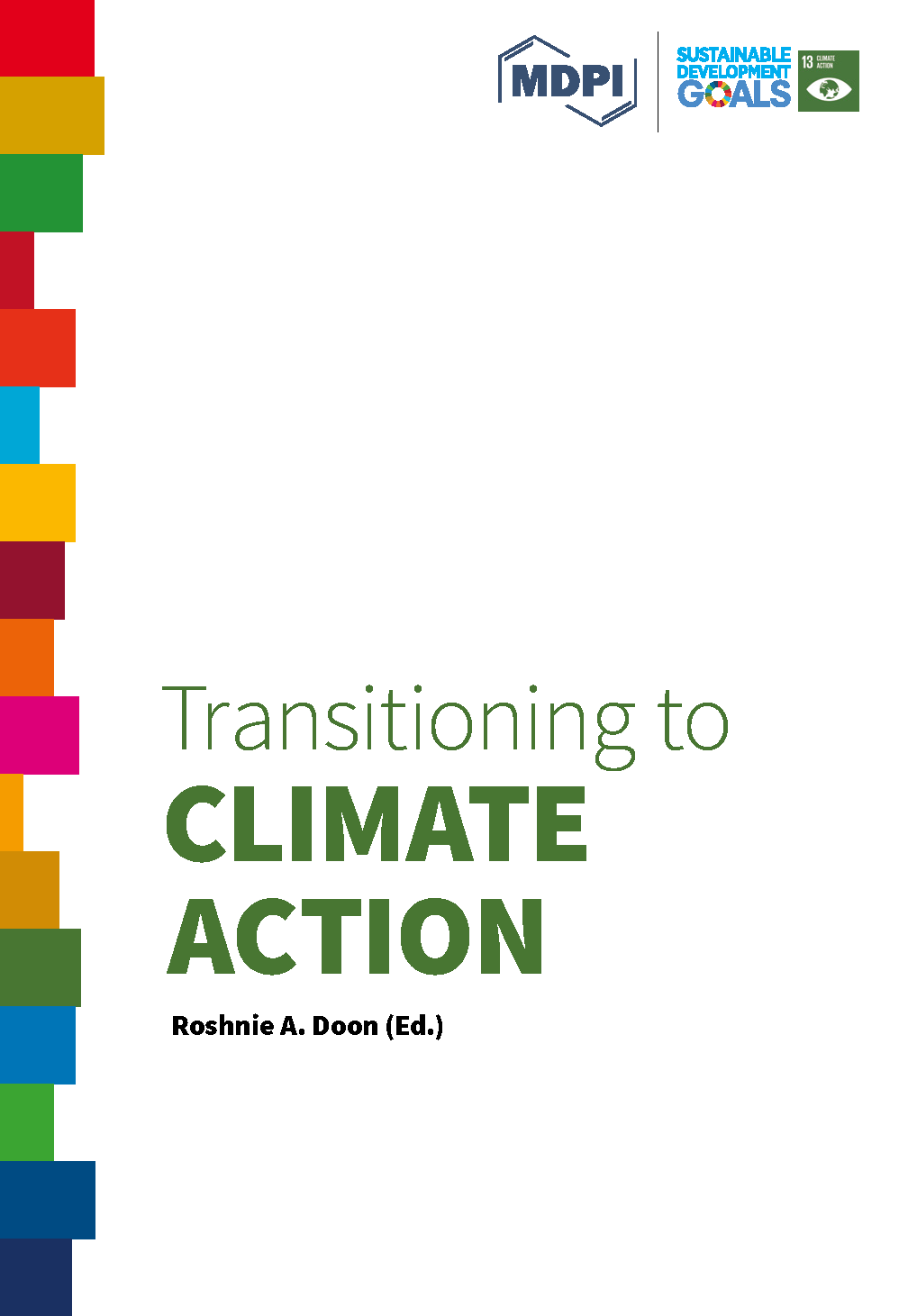Understanding Climate Action Perceptions in the Caribbean: Harnessing Machine Learning Insights
Amid the global urgency for sustainability, the Caribbean faces unique climate challenges that may not be fully understood by the general public. Addressing this requires assessing current public sentiments and understanding of climate change impacts on daily life. Traditional approaches to gauging climate attitudes in the Caribbean have limitations, which Machine Learning (ML) techniques can help overcome. ML can analyse large, diverse datasets—such as social media, surveys, and public discourse—to reveal nuanced insights that conventional methods may miss. These insights and their underlying drivers can inform targeted communication and policy interventions. This chapter investigates Caribbean attitudes toward climate action and presents an ML-based framework to enhance the climate feedback loop, enabling more effective strategies to educate the public and counter misinformation. The study prioritises explanatory ML techniques—including sentiment analysis, topic modelling, and clustering—to uncover key themes shaping climate perceptions. Applications of Large Language Models (LLMs) and intelligent agents are explored to expand the reach of perception analysis across dialects and demographics. Findings are translated into actionable policy recommendations through collaboration with local agencies. Ethical considerations, including data privacy and representational fairness, are addressed through anonymisation and community-informed model validation. Ultimately, this approach supports a collective shift toward sustainable practices, enhancing climate resilience across Caribbean Small Island Developing States (SIDS).
